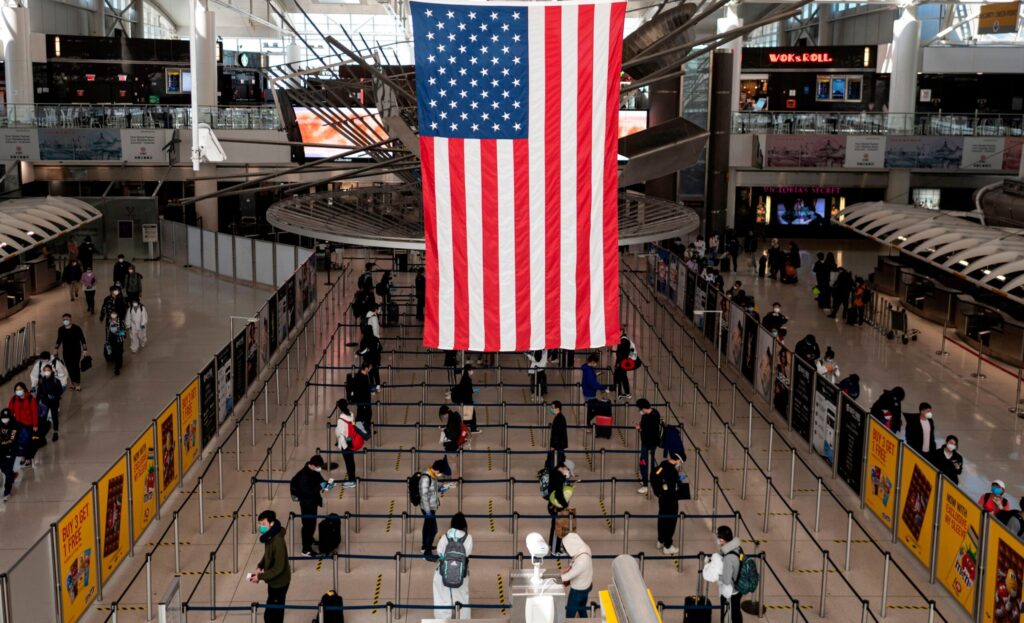The U.S. Treasury Department announced on Friday its intention to initiate several auctions for selling warrants to purchase stock in U.S. airlines.
These warrants were obtained as a part of the conditions attached to the $54 billion COVID-19 air carrier assistance approved by Congress in 2020 and 2021.
The repayment obligation for airlines stood at $14 billion of the total awarded funds. The Treasury’s warrants were issued at the stock prices at the time of the government awards.
Airlines that accepted this assistance were subjected to several conditions, including prohibitions on furloughs and layoffs, caps on executive compensation, and restrictions on stock buybacks and dividend distributions until September 2022.
Among the recipients, American Airlines topped the list with $12.6 billion, followed by Delta Air Lines with $11.9 billion, United Airlines with $10.9 billion, and Southwest Airlines with $7.2 billion.
Alaska Airlines and seven other smaller carriers also received a portion of the aid.
Recent calculations suggest that the value of these warrants is approximately $478 million based on the closing stock prices on Friday.
Many of the warrants have strike prices below the current market price of the airline stocks.
The Treasury communicated its plans through a conference call with airline officials.
In addition to direct assistance, the government also extended $25 billion in low-interest loans to the sector.
The proceeds from the sale of these warrants are intended to “provide additional returns to the American taxpayer,” as noted by the Treasury.
Delta and United Airlines opted not to comment on this development, and responses from other major carriers were not immediately available.
The expected start for these auctions is the week of June 3, and only qualified institutional buyers are eligible to participate in purchasing the warrants.
This move by the Treasury is part of a broader effort to recoup some of the pandemic aid extended to airlines, which was more generous in terms of repayment obligations compared to the conditions imposed on aviation sectors in many other countries.
The COVID-19 pandemic led to an unprecedented slump in air travel in 2020, with passenger numbers falling 60% to levels not seen since 1984.
Airlines were forced to drastically cut costs amidst this downturn, although travel demand has since rebounded to pre-pandemic levels and is on track to reach new record highs this year.
